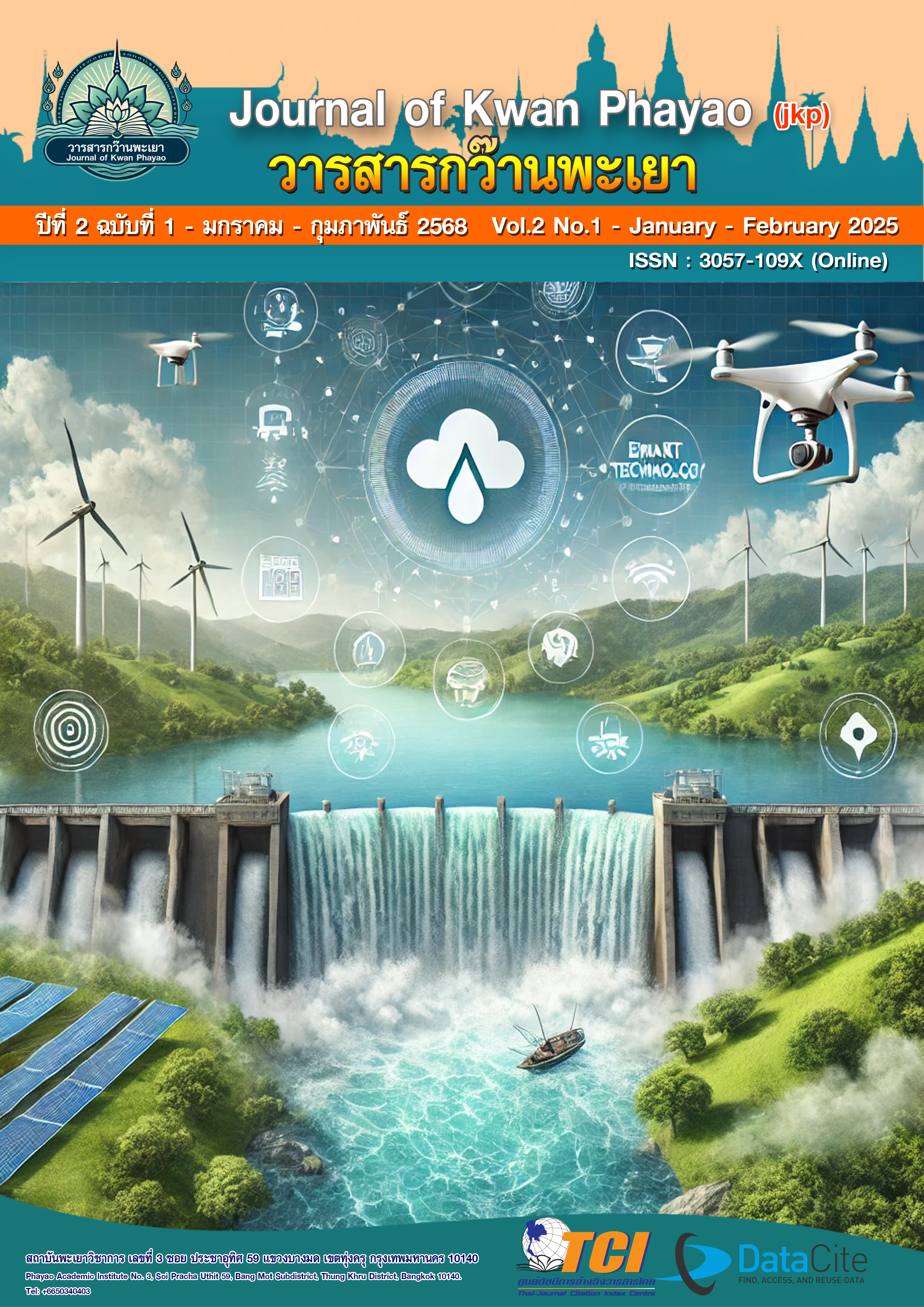IDENTITY AND CULTURAL DIVERSITY IN THE ERA OF GLOBALIZATION
Keywords:
Cultural diversity, Globalization, Cultural IdentityAbstract
This article explores identity and cultural diversity in the globalization era, analyzing the impact of globalization on Thai society's cultural identity. The study incorporates key theoretical perspectives, such as Anthony Giddens' (1990) concept of globalization, Manuel Castells' (1997) identity theory, and Joseph Nye's (2004) Soft Power framework. The findings suggest that globalization has led to extensive cultural exchanges and transformations, characterized by both cultural hybridization and glocalization, where local cultures adapt while maintaining their uniqueness.
The article highlights the role of cultural diversity in several aspects:
(1) Strengthening cultural identity, which fosters pride in heritage; (2) Economic development, particularly through creative industries and tourism;
(3) International relations, where culture serves as a diplomatic tool; (4) Cultural rights protection, ensuring recognition of ethnic and local cultures; and
(5) Education and knowledge development, promoting intercultural learning and adaptation skills in a globalized world.
In conclusion, while globalization accelerates cultural changes, cultural identity can persist through strategic adaptation and policy support that promotes cultural diversity in education and governance.




